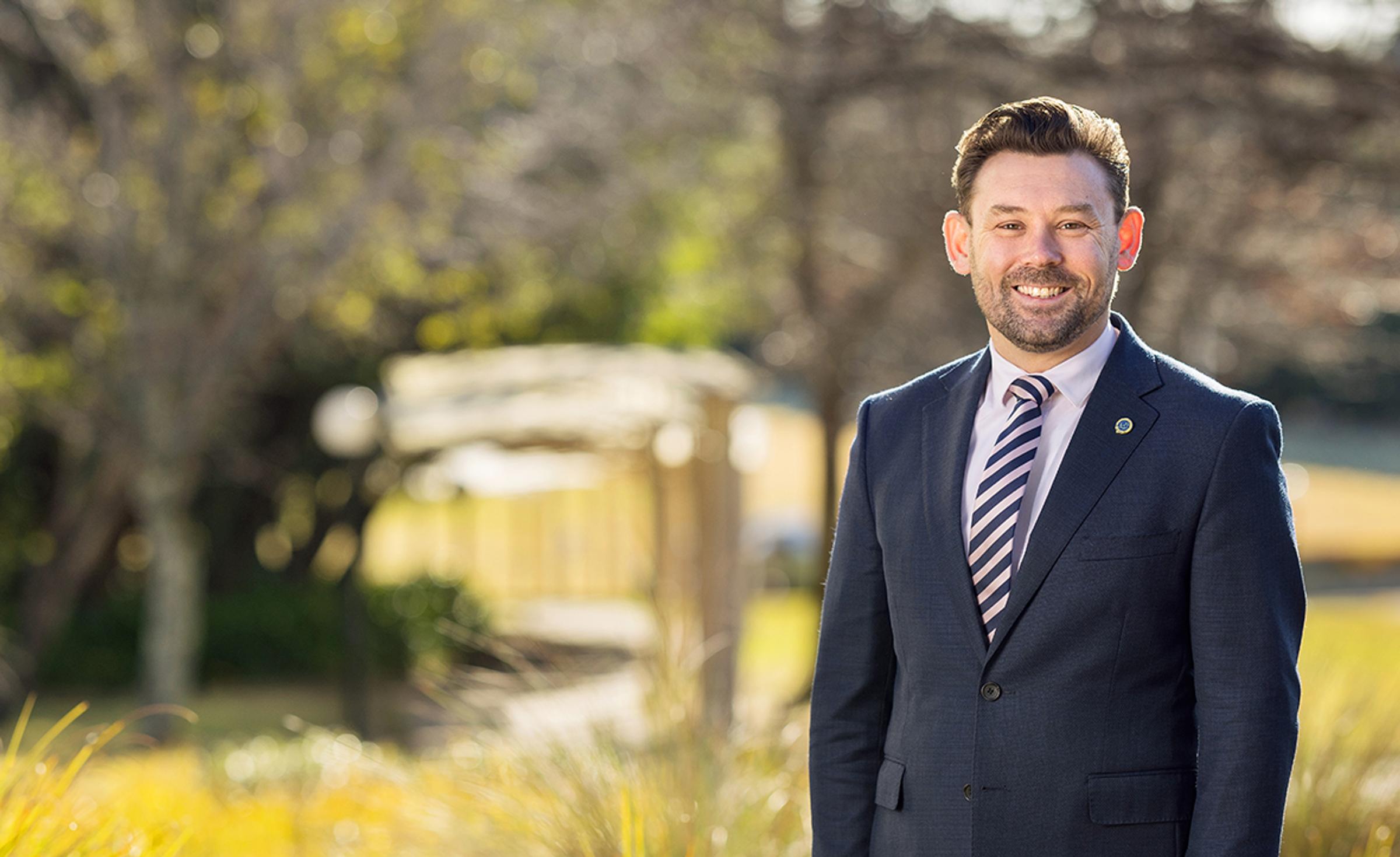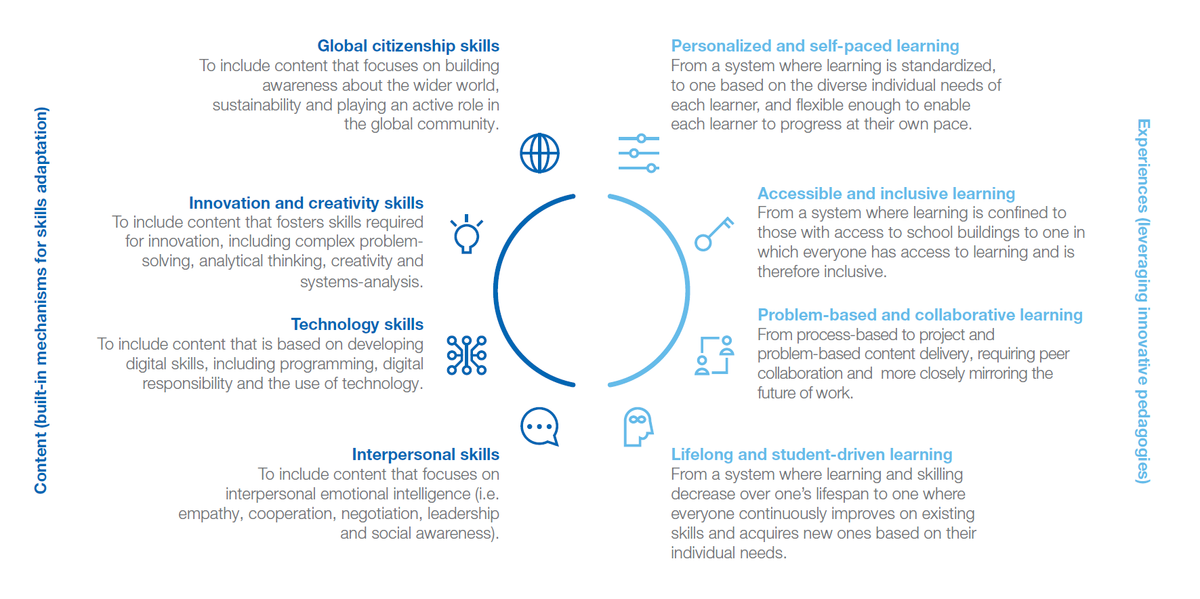From the Director of Innovative Pedagogies

There Are No Silver Bullets
In my previous newsletter article, I wrote about the many daily choices we make and the number of options available to young people today. A lot of these choices come out of opportunities that are afforded by instant access to information and the connectivity of the modern world.
When there is so much information available it can be hard to know what is true and accurate, and what just sounds appealing. Moreover, not just what is true and accurate, but what is best, and what is best now. I have spent much of my time over the last two and a half years thinking about this and how it applies to teaching and learning at Blue Mountains Grammar School. I’ve been reminded over and over, that when it comes to a powerful education, there are no shortcuts and certainly no silver bullets.
‘Silver bullets’ according to folklore are weapons that can be used when other tools or methods fail. Some folktales dating back to the 1700s describe silver bullets bringing down vampires, werewolves, witches, and other supernatural beings. They have mystical properties that are effective when other attempts are not. They are, in-fact, magical. Unfortunately, there are no silver bullets, particularly in the shifting space of education. There is no single tool at our disposal that can solve the challenges students, teachers and schools are facing today.
A recent World Economic Forum (WEF) report looking at the skills and knowledge needed for the future states:
“As globalisation and rapid advancements in technology continue to transform civic space and the world of work, education systems have grown increasingly disconnected from the realities and needs of global economies and societies.”
This disconnection is a risk, as education systems may be preparing students for a future that is no longer there. The future our students are moving into will likely require them to have more keenly developed digital and socio-emotional skills, and an ability to connect with peers working globally. There are the added cultural complexities that come with a globally connected workforce, as well as critical and individual thinking needs.
So how do we approach this new paradigm?
The WEF report outlines eight critical characteristics in learning content and experiences that define high-quality learning. It argues children need to be prepared to become productive members of future economies and responsible, active citizens. Achieving this goal requires equipping them with four essential skill sets:
1) Global citizenship
2) Innovation and creativity
3) Technology
4) Interpersonal skills
These skills are crucial for meeting emerging needs, and education systems must adopt flexible mechanisms to keep these skills relevant. Importantly, however, these build on and enhance reading, literacy and writing. They certainly do not replace them.
As well as the four essential skill sets, the WEF report argues the future of education will need learning systems that closely resemble the future workplace and fully utilise new learning technologies. Changes in learning content and experiences should be integrated. This involves creating learning environments that are personalised and self-paced, accessible and inclusive, and problem-based and collaborative. This model is at odds with the traditional top-down, teacher-as-expert models where students are seen as passive recipients of information.
So what does that mean for us? Like all exceptional schools, Blue Mountains Grammar School continues to examine, refine and improve teaching and learning in response to the realities of our students, community and world. We approach these extraordinary challenges with optimism, confidence and an openness to learning. I am excited to see how we continue to provide the most powerful education possible, knowing there are no silver bullets to the changes that are occurring around us.
Christopher Sanders
Director of Innovative Pedagogies
